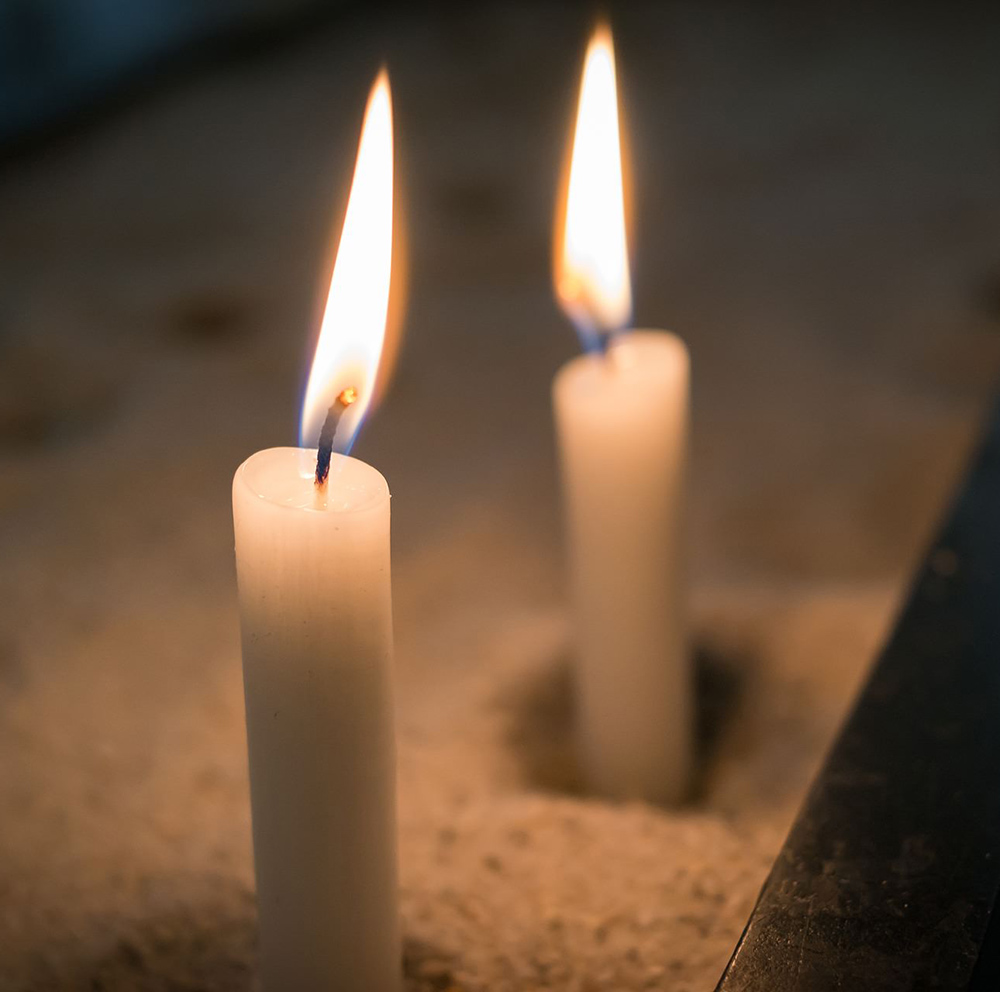What to do
We are really sorry you lost your baby, and we want you to know that you are not alone. You will be forever mom and dad of your baby.
The team Return to Zero developed this guide of actions you might consider at this time that have been helpful to other parents in your situation.
Your baby died in utero:
- SLOW DOWN, there is no rush (unless medically necessity).
- Request a room at the end of the maternity ward or on another floor to ensure a quiet space.
- Call a family member or close friend and have them make calls, letting others know that your baby has passed away.
- Ask the nurses to give you a description of what your baby will look like after he or she is born, so you can be aware of any changes in your baby’s skin. There will be no responsiveness or crying, and the lips will appear red. Your baby’s body will become cooler and start to stiffen over a short period of time.
- Plan to take photographs of your baby. You will cherish these photographs for the rest of your life and only have this one opportunity to capture these images. You can take the photos yourself or call a bereavement photographer, i. e. the Fondation Portraits d’Étincelles.
If your baby will be born alive but is not expected to live:
- SLOW DOWN…re-read this guide as many of the suggestions may pertain to your situation.
- Ask the nurses to describe what you may see or hear during your baby’s dying process so that you are not feeling fearful. For example, your baby’s breathing pattern will change.
- Ask if you can hold your baby while he or she passes. You may ask for privacy during this time.
- Hearing is the last of the senses to go, so sing, play music, read, or speak to your baby during this time. You will always be your baby’s mother and father.
- You may want to consider organ donation.
Ater the birth of your baby, we recommend you consider:
- Naming your baby
- Having skin-to-skin contact with your baby
- Rocking, holding, kissing, and cuddling your baby
- Bathing your baby
- Dress your baby and wrap him in a blanket
- Singing and reading a book to your baby
- Asking hospital staff for a lock of hair from your baby
- Taking photographs of and with your baby
Birth certificate and death certificate
If the baby lived after birth, the documents relating to the declaration of birth will be completed and forwarded to the Director of Vital Statistics. Parents will be able to obtain a birth certificate for the baby. Following the death of the baby, death will be entered in the register of civil status. Same as for the birth certificate, parents can obtain a death certificate for their baby. However, if the baby passes away before or during birth, it will be considered stillborn. Since there is no certificate of stillbirth in Québec, parents will not receive any birth certificate or death certificate for the baby.
After leaving the birthing center, we suggest the following:
- Have someone bring you meals or to arrange meal delivery at home when you return home
- Decide whether you would like to suppress breast milk with pharmacotherapy, donate it or contact a lactation consultant.
- Create a memorial for your baby, on the Internet or physically (album, memory box, etc.)
- Planning the funeral of your baby
- Send Born Still Announcements Card
- Ask the maternity staff not to give / sell your email address to telemarketing lists, so that the manufacturer of baby products companies do not send you mass email (milk, diapers, etc.)
- Seek a support group in person and (coffee chats by Parents Orphelins, psychologist, support group, etc.) or online (Facebook).

The funeral ceremonies
Upon the death of a baby, funerals often act as a rite of passage and sometimes can comfort the parents. However, when a baby dies during pregnancy or shortly after birth, parents are far from being prepared, emotionally and financially, to face this harsh reality. It can then be very difficult to organize a funeral or a ceremony for the deceased baby. It is important to know that most funeral homes are sensitive to this situation and that a large majority of them offer services at lower costs to parents wishing to organize funerals for their baby. In addition, some funeral homes may offer free services, such as incineration.
